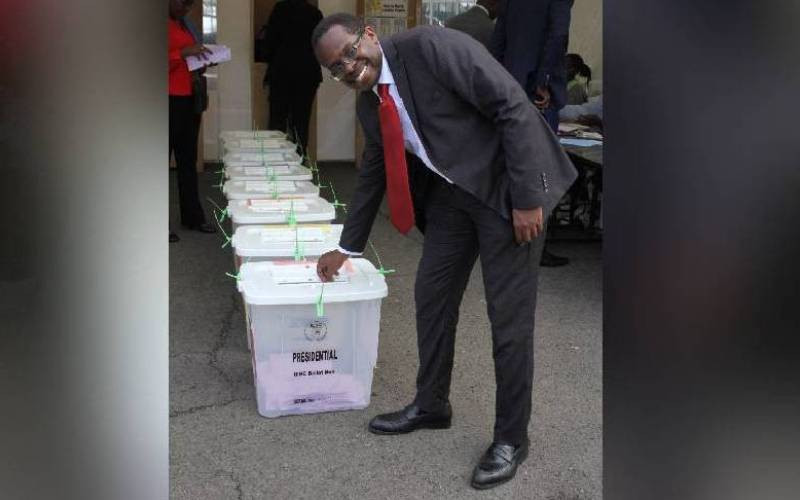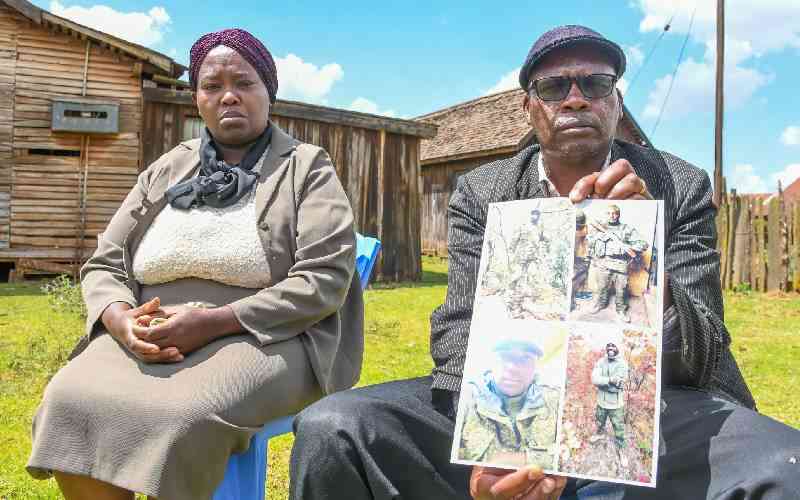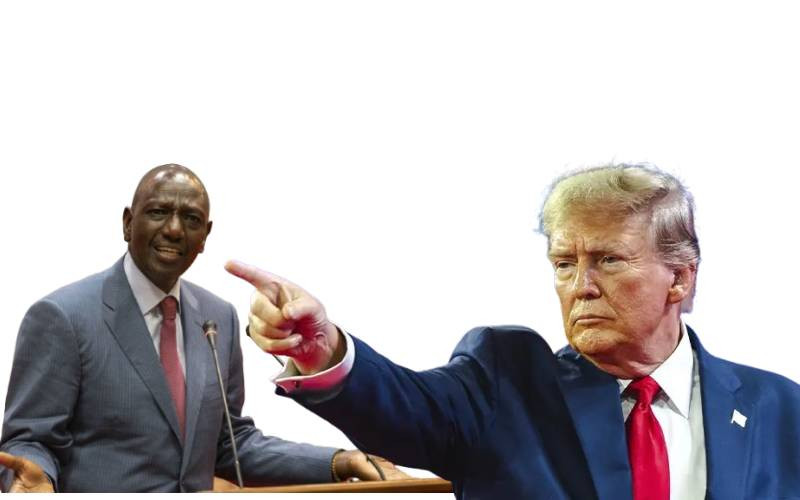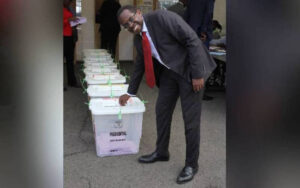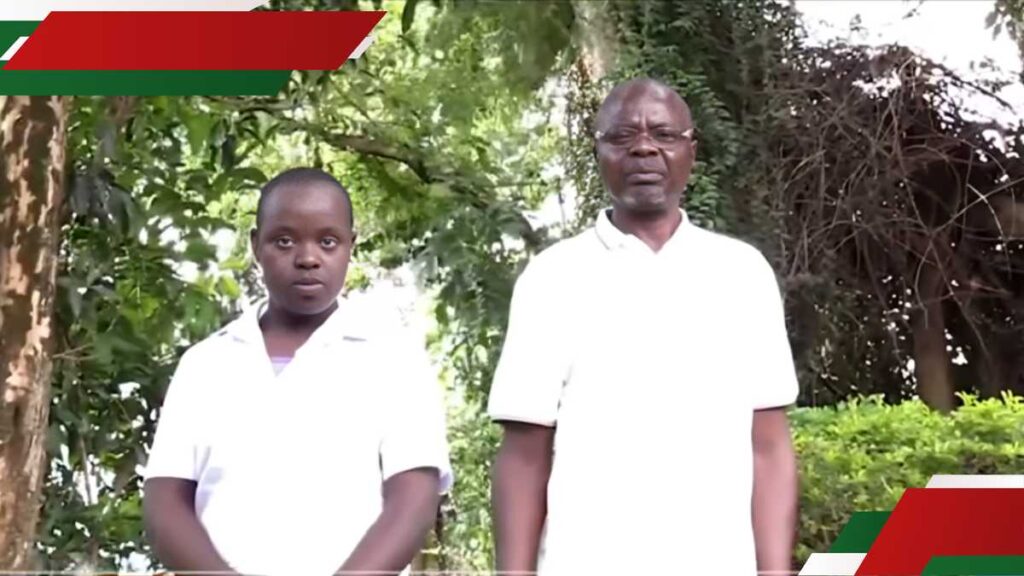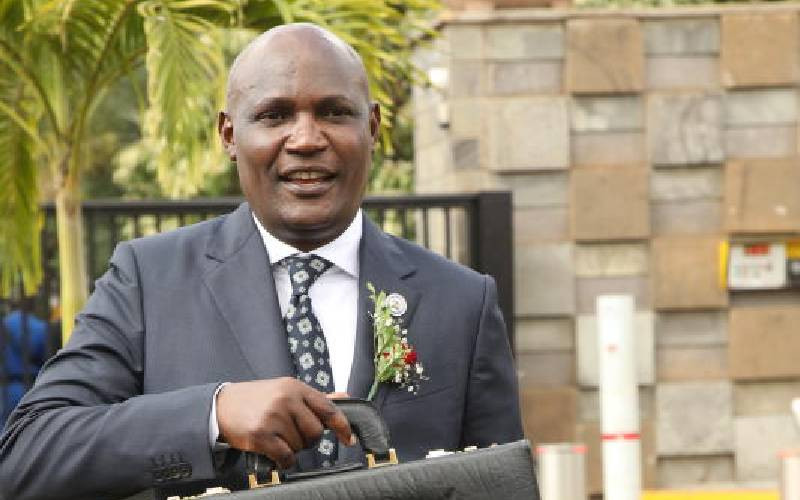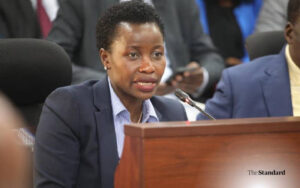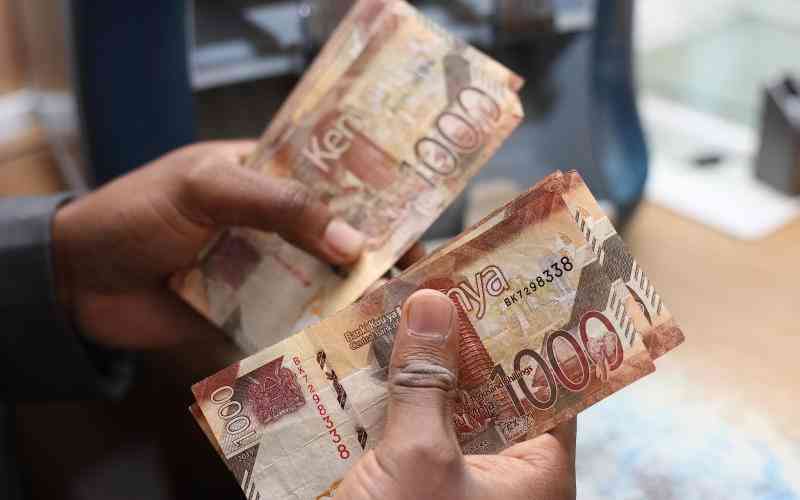US President Donald Trump’s administration has proposed a review of Kenya’s recently acquired non-North Atlantic Treaty Organization (NATO) ally status, raising questions about the future of bilateral relations between the two countries.
Kenya was granted the designation on June 24, 2024, following President William Ruto’s historic State visit to Washington in May.
The recognition made Kenya the first sub-Saharan African nation to be designated a Major Non-NATO Ally, a status that enhances defence cooperation, security collaboration, and economic ties with the U.S.
However, the designation may be in jeopardy following a proposed amendment by U.S. Senator James Risch to the National Defense Authorization Act for Fiscal Year 2026.
The amendment calls for a comprehensive review of Kenya’s status within 90 days.
According to documents published on the U.S. Congress website, the review will examine Kenya’s foreign policy positions, particularly its alignment with the United States, and its relations with nations such as China, Russia, and Iran.
The proposal also seeks an in-depth look into any potential political or financial ties Kenya may have with armed militias, including al-Shabaab and Sudan’s Rapid Support Forces (RSF).
The amendment specifically calls for a detailed description of the military and security relationship of the Government of Kenya with the People’s Republic of China, the Russian Federation, and Iran, including any engagements, agreements, or joint activities since June 24, 2024.
It also demands a detailed description of the political and financial links of key political actors and institutions of Kenya with the same countries.
Additionally, the review will probe whether President Ruto’s administration has used U.S. security and intelligence support to commit human rights abuses—including abductions, torture, extrajudicial renditions, and violence against civilians.
If passed, the proposed amendment could signal a shift in Washington’s view of Kenya’s strategic role in the region and may have significant implications for the deepening partnership between the two countries.





